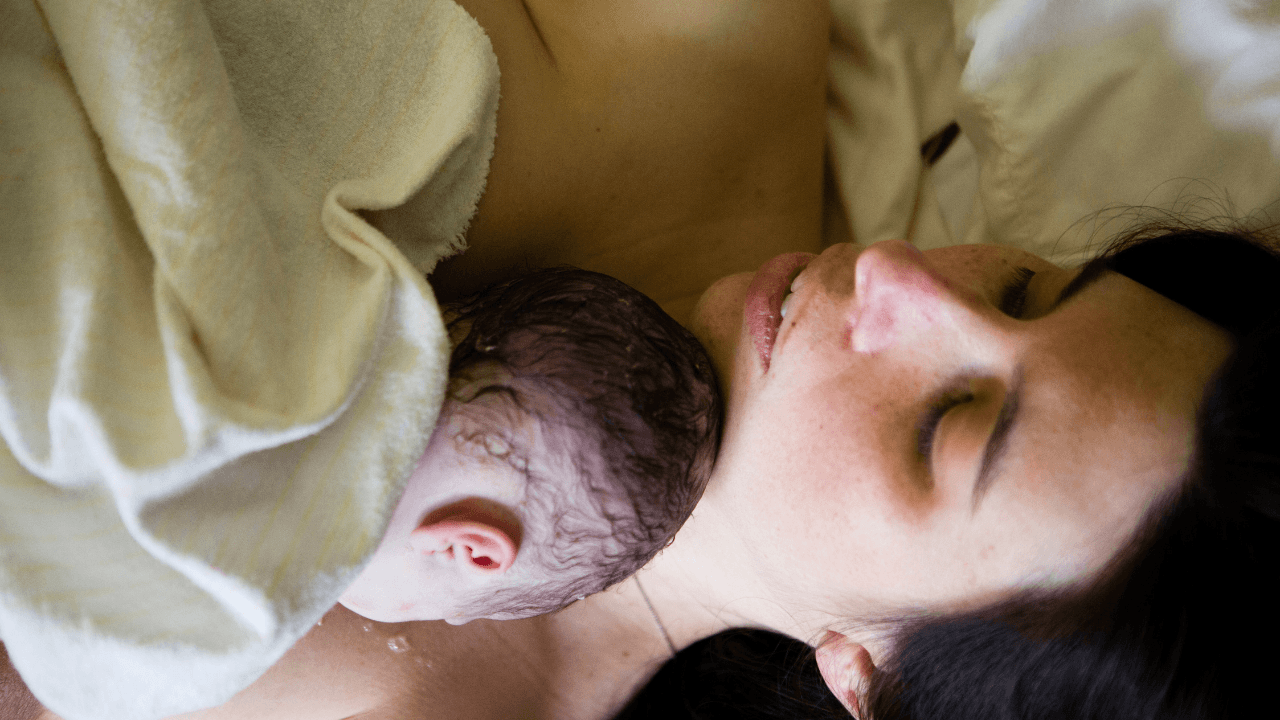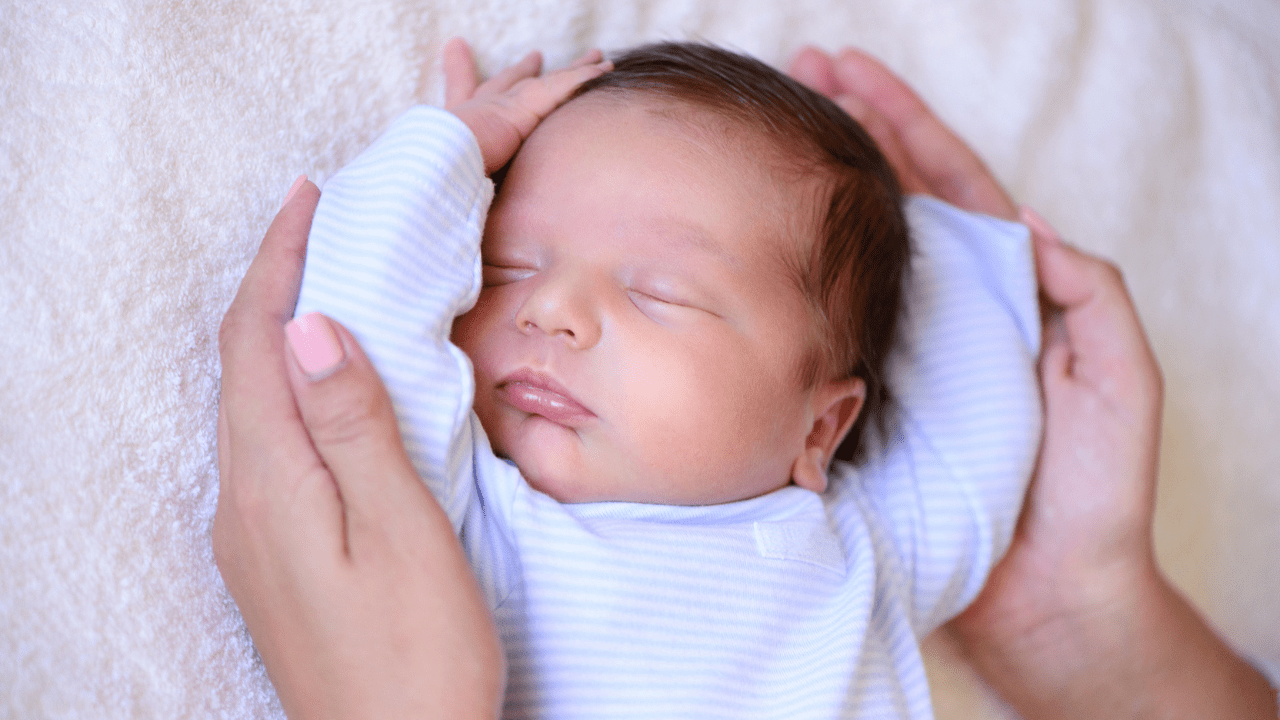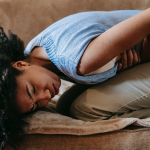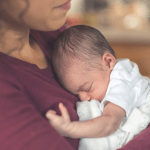And you thought crowning was painful…. The facts about vaginal dryness after childbirth
In prenatal classes, you learn about contractions, pushing, crowning…and then that life-changing moment of birth! You are also taught the how to’s of breastfeeding and diaper changing.
However, no one ever talks about what happens to your vagina after birth.
In addition to the tremendous physical changes (and sometimes trauma) our vaginas go through, a woman’s hormones after pregnancy can cause vaginal dryness. You’re probably wondering why postpartum vaginal dryness occurs, so here is what you should know about vaginal dryness after childbirth.

- Uncomfortable or painful sex
Postpartum vaginal dryness is a very common condition amongst new mothers and one symptom of vaginal dryness is uncomfortable or painful sex. The vagina can also become inflamed, which may cause burning and itching. One study in England showed that 83% of women experienced sexual problems within the first 3 months after delivery of their first child. Yet only 13% talked to a health professional about the problems.
2. Your hormones are all over the place which lead to menopause-like symptoms
You’re probably wondering why else postpartum vaginal dryness occurs, and another answer is your hormones… particularly estrogen. Low estrogen is the culprit after birth and during breastfeeding. During pregnancy, levels of estradiol (a type of estrogen) are very high in order to maintain the pregnancy and grow the placenta. After birth, estradiol drops to pre-pregnancy levels.
Estrogen is important to sexual arousal because it boosts the flow of blood to the genitals and increases vaginal lubrication. A lack of estrogen is responsible for this hormonal drop that leads to many symptoms similar to those women may have before and after menopause, such as vaginal dryness, anxiety, hot flashes, and night sweats.
3. Several months of vaginal dryness
Vaginal dryness is typically experienced the first few months after pregnancy and also during breastfeeding. Levels of female sex hormones (estrogen and progesterone) typically don’t stabilize until a few months after pregnancy, after which periods return to normal. While breastfeeding, the production of the hormone prolactin interferes with estrogen and progesterone production and therefore our menstrual cycles.

What can you do about this?
The first thing you need to do is practice habits that help with lubrication such as drinking water, using a vaginal moisturizer, a good lubricant during sex and avoiding vaginal products that will irritate, such as sprays and douches. Ensure that whatever you are using is pH balanced to between 3.5 and 4.5., which is the normal range during reproductive years, in order to avoid infections.
Second, it is important to communicate with your partner to discuss any concerns. Having an open dialogue is important during this period when the body is trying to recover and you are both working to adapt to a new baby. You may need more foreplay or different positions for comfortable sex.
Third, speak to your physician about vaginal hormonal creams. While this is a viable alternative for many women, my view is that these creams are typically tested on post-menopausal women and not postpartum women, so the long-term effects are not known. Also, they are not designed to be pH balanced and therefore their impact on infections and other issues are not known.
Even though a woman may have the best midwives you could ever hope for while giving birth, most will not speak about vaginal dryness after childbirth. While being a new mother is a daunting task, it is essential for a woman to help herself when it comes to vaginal dryness as it’s a crucial aspect of post-natal care that should not be neglected.








